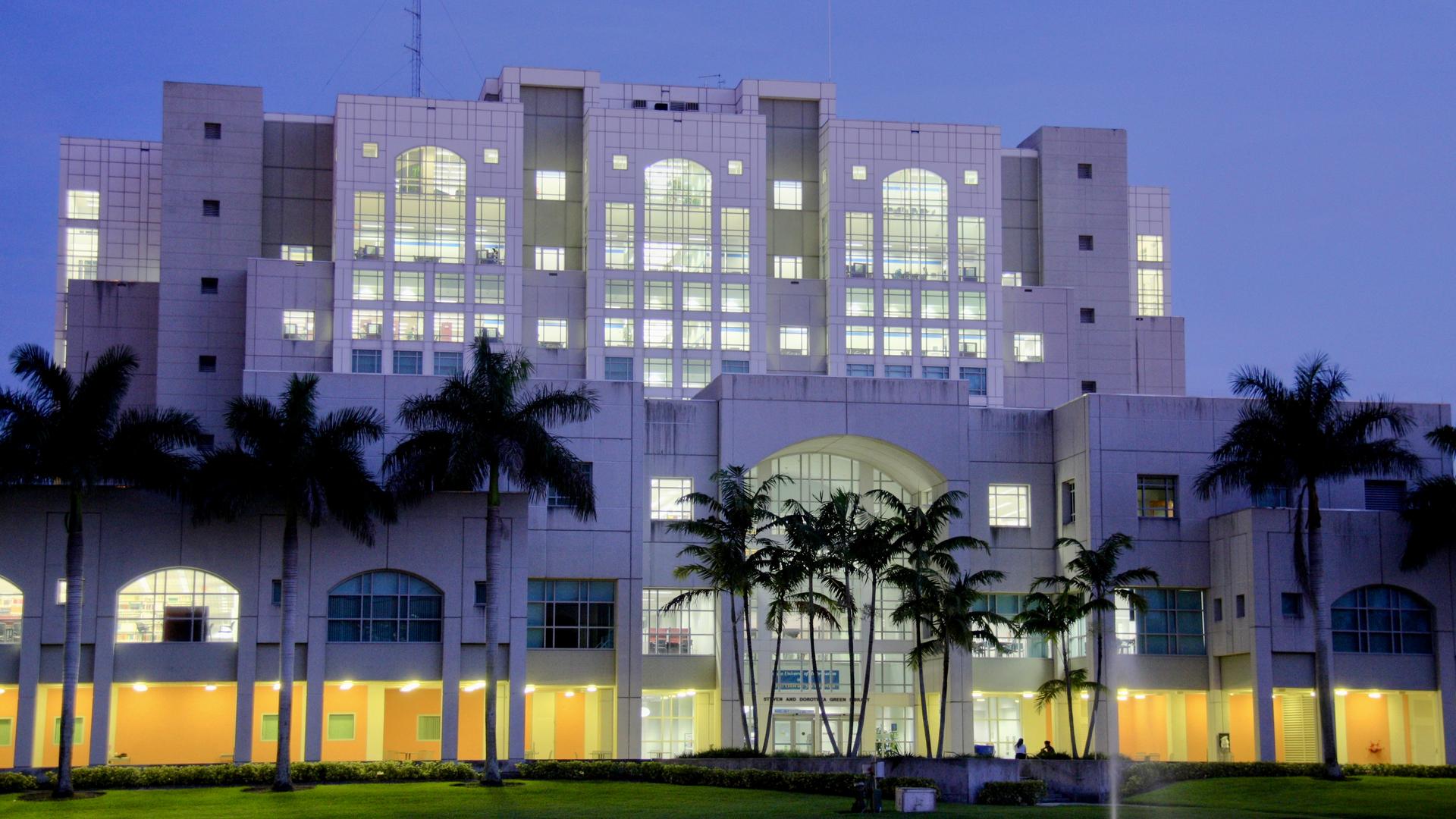After Florida passes laws to limit Chinese influence in higher ed, this university is cutting its ties with China
Florida International University in Miami, Florida, has prided itself on the “international” part of its name for decades. But after a state law aimed at rooting out spies and “higher education subterfuge” took effect, FIU quietly shuttered programs and rescinded job offers.
On the chopping block was the Marriott Tianjin China Program, a school in China that Chinese invested $100 million to construct. It offered degrees in hospitality and hotel management. Florida International Univeristy (FIU) also shuttered a Spanish dual-degree program with Qingdao University.

The closures followed the passage of a Florida law in 2023 that heavily scrutinizes and regulates how Florida’s public universities interact with institutions, governments and people from so-called “countries of concern.”
At the time of signing the law, Governor Ron DeSantis singled out China, blaming the Chinese Communist Party and its agents for infiltrating Florida’s universities.
In a statement released by the governor’s office, he said: “Florida is taking action to stand against the United States’ greatest geopolitical threat — the Chinese Communist Party…and to stop CCP influence in our education system from grade school to grad school.”
Yet, there has been no public suggestions or proof that FIU’s hotel management and Spanish language programs in China have been involved in leaking secrets or subverting young minds.
In a statement, Maydel Santana, a spokesperson for Florida International University, did not address the “subterfuge” to which the governor referred.
Santana said that the closure of the programs in China was also due to a shift in regulations about how the university charges tuition but did not further elaborate.
“It is also important to note that given the foreign ‘countries of concern’ law, which we anticipated would go into effect by the end of 2023, we also would have been required to revisit the programs,” she wrote.
WLRN and The World contacted over a dozen people at FIU for clarification and comment, but no one involved in the programs would go on the record beyond the single approved university statement.
“Florida is taking action to stand against the United States’ greatest geopolitical threat — the Chinese Communist Party.”
Florida has passed a series of laws over the last few years, cracking down on the alleged influence of the Chinese Communist Party and Chinese nationals in the state. Those laws include placing restrictions on Chinese citizens owning property.
In 2020, at the height of the COVID-19 pandemic, Florida sent out a survey to 100,000 businesses, asking if they are “owned or controlled by the Communist Party of China.” No Chinese communists were revealed.
That same year, a subcommittee of the Florida legislature embarked on an investigation into whether China was infiltrating higher education institutions in Florida after six cancer researchers were fired from the University of South Florida due to secretly accepting payments from the Chinese government. Five of the six researchers were American.
The impact of the 2023 law goes well beyond China. It bans partnerships with six other “countries of concern”: Cuba, Venezuela, Iran, North Korea, Russia and Syria.
In December of 2023, Andres Gil, FIU’s dean of the University Graduate School sent a memo to FIU department chairs and graduate program directors announcing an immediate “pause” of hiring or recruiting anyone from those countries due to the new law. The state higher education board needed to approve any new hires, he wrote, and it was unclear how long the process might take.
“We cannot guarantee any employment or position for individuals from countries of concern,” Gil wrote in the internal memo obtained by WLRN and The World.
As a result, job offers already sent out to applicants hailing from the listed countries have been rescinded.
“This is all performance politics.”
The impact of the law is especially sad for FIU in Miami, said Dan Royles, an associate professor of history at the university. The school has built a reputation and a niche for serving Cubans and Venezuelans who have fled those regimes, he added, and now they cannot work as graduate students helping teach in the classrooms without state approval.
“It really pushes us further away from FIU’s historic mission, which has been to serve students who are recent immigrants, to serve students who are the first in their families to go to college, to serve students from Latin America,” Royles said. “This is all performance politics.”
Hank Reichman, a professor emeritus of history at California State University East Bay, told The World that the new law risks moving Florida away from educational exchanges and international programs.
“The benefits of the exchanges are so great that it is essential that we be as narrow and as surgical as we can be,” said Reichman, who has authored several books about academic freedom.
Reichman acknowledged legitimate concerns about intellectual property and foreign influence in higher education, especially in the hard sciences. But he warned that Florida is doubling up on scrutiny already being done at the federal level, creating additional barriers to educational programs in the name of national security.
“National security is national security,” Reichman said. “This is normally not a function of the states … Any country that cuts itself off wholly or in part from international scientific exchange is shooting itself in the foot,” he warned.
The totality of the 2023 law is putting the university “at a competitive disadvantage” compared to other states, said Eric Scarffe, the president of United Faculty of Florida-FIU, the labor union for professors and faculty.
On the one hand, said Scarffe, recruiting Chinese researchers, especially those in the sciences, is going to be very difficult. Recruiting Cubans and Venezuelans, who often partake in the university’s Latin American Caribbean studies and political science research, will also be hard.
“The Florida legislature seems to be saying very loudly that those folks are not welcome,” Scarffe said. “We’re the number-one ranked state university system in the country, and yet we seem to be preoccupied with passing laws to fundamentally change the nature of higher ed and institutions in the state of Florida.”
The story you just read is accessible and free to all because thousands of listeners and readers contribute to our nonprofit newsroom. We go deep to bring you the human-centered international reporting that you know you can trust. To do this work and to do it well, we rely on the support of our listeners. If you appreciated our coverage this year, if there was a story that made you pause or a song that moved you, would you consider making a gift to sustain our work through 2024 and beyond?
